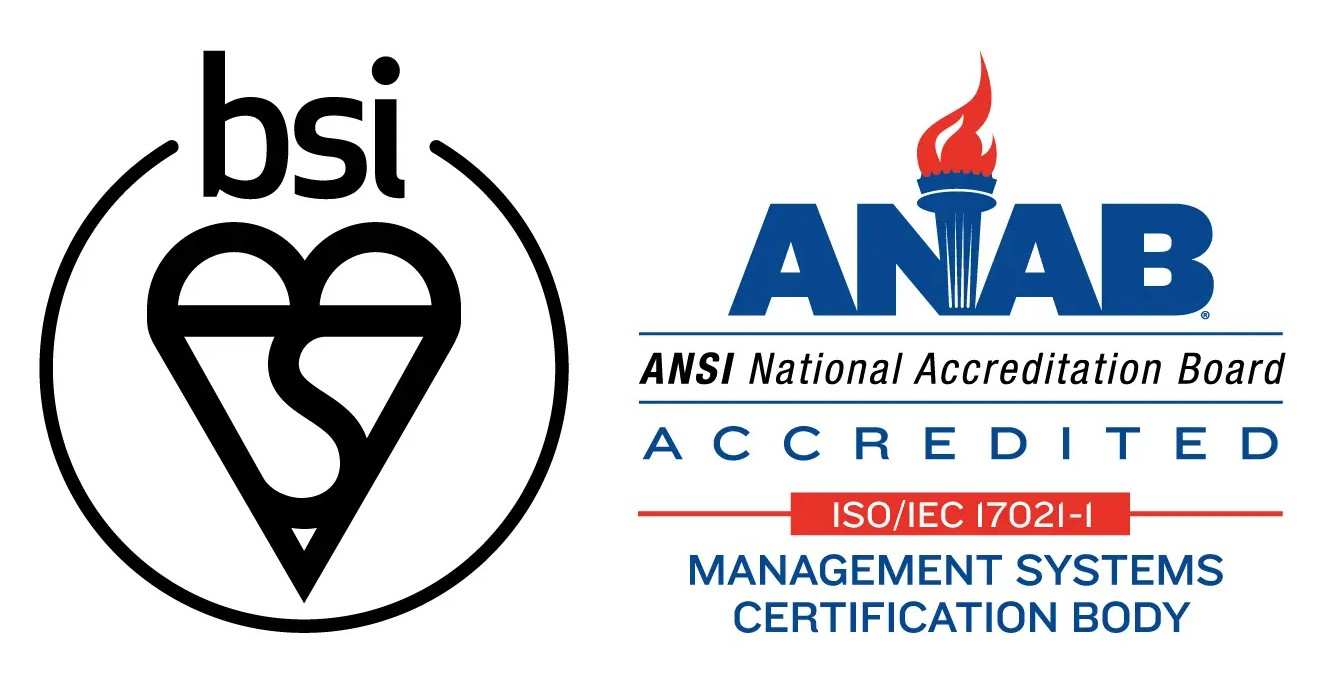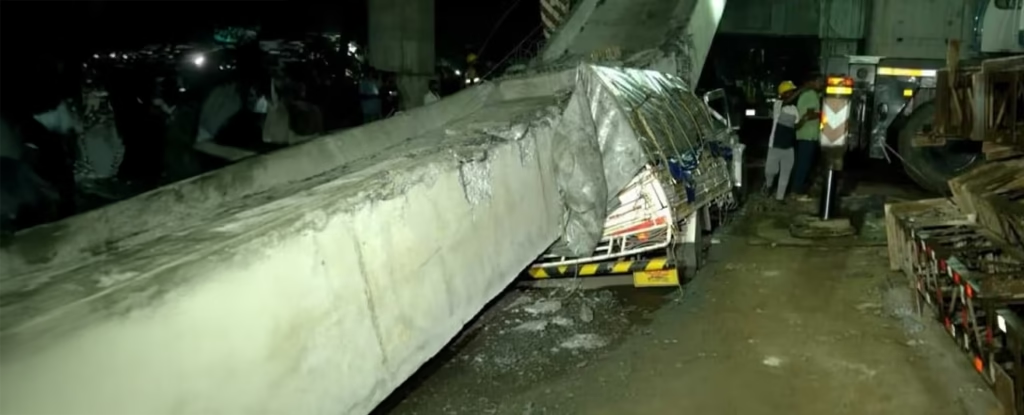Lives Lost in Progress: The Urgent Need for Safety Accountability in Kerala’s Highway Projects
The tragic death of a pickup van driver in Alappuzha during the construction of the Aroor–Thuravoor elevated highway is yet another painful reminder that safety is still not treated as a priority in Kerala’s infrastructure development.
In the early hours of Thursday, a massive 80-tonne concrete girder collapsed, crushing a passing vehicle and claiming the life of 42-year-old Rajesh from Pallippad. Preliminary reports suggest that a hydraulic jack failure during installation caused the girder to tilt and collapse. Shockingly, traffic restrictions in the area had been lifted moments before the incident — a decision that proved fatal.
Unfortunately, this is not an isolated case. Similar accidents during highway expansion and flyover projects have taken multiple lives in the past few years, exposing deep-rooted issues in safety management, inspection protocols, and contractor accountability.
The Pattern Behind the Tragedies
Every infrastructure project involves a complex chain of planning, coordination, and execution — but too often, safety becomes the weakest link.
Common recurring issues observed in recent highway and flyover construction incidents include:
Lack of Risk Assessment and Safety Audits:
Critical lifting operations, such as girder placements, are executed without comprehensive risk evaluations or third-party safety audits.
Inadequate Supervision and Unsafe Work Timing:
Work carried out at odd hours, with reduced supervision and limited visibility, increases operational risk.
Improper Equipment Maintenance:
Failure of cranes, hydraulic jacks, and lifting slings often stems from poor maintenance and lack of inspection records.
Human Error and Decision Failures:
In Alappuzha, officials briefly reopened the road beneath the girder before confirming stability — a violation of basic safety procedure.
Weak Enforcement of HSE Protocols:
Although contractors are required to comply with national safety codes and NHAI’s HSE guidelines, the lack of on-ground monitoring often renders these measures ineffective.
Why Safety Still Takes a Backseat
Kerala, despite its high literacy and infrastructure progress, continues to lag in safety culture.
Many contractors treat safety as a compliance checkbox rather than a daily discipline.
Government departments are often under pressure to meet project deadlines, which leads to compromises in inspection schedules, incomplete safety audits, and undertrained personnel at worksites.
Even more concerning is the public’s lack of awareness — both workers and citizens underestimate the risk zones near active construction areas, walking or driving dangerously close to ongoing heavy-lifting operations.
As a result, when accidents occur, blame quickly shifts between contractors, authorities, and engineers — but rarely leads to systemic change.
The Role of Authorities and the Urgency for Reform
This latest tragedy should serve as a wake-up call to multiple stakeholders:
1. National Highways Authority of India (NHAI)
- Must make third-party safety audits mandatory before every major structural lift.
- Should publicly disclose audit results and contractor safety performance.
- Enforce stricter penalties, including blacklisting of negligent contractors.
2. Cochin Corporation, GCDA, and Local Bodies
- Establish coordination cells to monitor public safety near ongoing projects.
- Conduct daily risk inspections, especially in high-traffic zones.
- Install physical barriers and signage to keep the public at a safe distance.
3. Kerala Police and Fire & Rescue
- Maintain pre-deployed emergency response teams during high-risk operations.
- Conduct joint drills with construction agencies for disaster response readiness.
4. Hospitals and Emergency Services
- Major projects must have a Medical Emergency Response Plan (MERP) with pre-identified nearby hospitals, dedicated ambulances, and emergency communication channels.
How Such Incidents Can Be Prevented
Petrotech Safety Solutions, a leader in Health, Safety, and Environmental (HSE) consulting and training, emphasizes that most industrial and construction fatalities are preventable through proactive measures.
Here’s what needs to change immediately:
Mandatory HSE Officer Deployment:
Every major construction site should have certified NEBOSH or IOSH-qualified safety officers present throughout all critical operations.
Pre-Lift Safety Inspections:
A dedicated safety checklist must be completed before any girder or beam installation. Equipment integrity, weather conditions, and ground stability should be verified.
Stop-Work Authority:
Workers and safety supervisors must be empowered to halt operations if unsafe conditions are identified — without fear of reprisal.
Public Safety Management:
Proper barricades, warning boards, and traffic diversions must remain in place until after all lifting activities are fully stabilized.
Continuous Safety Training:
Contractors and subcontractors should undergo periodic HSE refresher training, ensuring that even frontline workers understand the risks of lifting operations.
Incident Investigation and Learning Culture:
Every accident should be investigated by an independent body, and the findings should be shared publicly to prevent recurrence.
The Importance of Building a Safety Culture
True safety doesn’t come from checklists — it comes from culture.
When safety becomes part of decision-making, not an afterthought, lives are saved, productivity increases, and public trust grows.
As a NEBOSH Gold Learning Partner and one of India’s leading HSE training and consulting organizations, Petrotech Safety Solutions continues to advocate for a future where “zero accident” is not a slogan but a shared responsibility among authorities, workers, and the public.
Safety awareness must begin in classrooms, continue at construction sites, and extend into every household. Because behind every infrastructure milestone lies a human life — and no project deadline is worth more than that.
Conclusion: Safety is Progress
The expansion of Kerala’s national highways is meant to connect lives, not end them.
If authorities, contractors, and citizens act with shared responsibility and genuine commitment to safety, tragedies like Alappuzha’s girder collapse can and must be prevented.
Safety should never be optional — it must be the foundation on which progress stands.
Ensure Your Event is Safe and Successful
Professional emergency planning and crowd management expertise can make the difference between a memorable celebration and a preventable tragedy.








